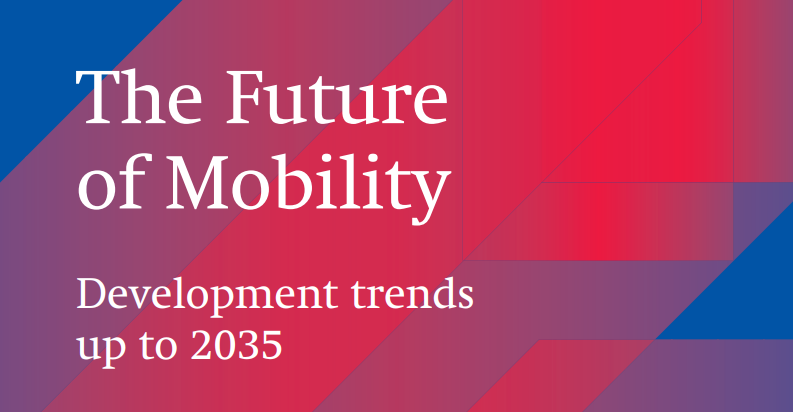The sustainability of Estonia’s transport system mostly depends on Harju County
The sustainability of Estonia’s transport system mostly depends on Tallinn and Harju County, which contribute nearly 50% of the total mileage of all the vehicles in Estonia, says the report of the Foresight Centre “The Future of Mobility. Development trends up to 2035“, which is now published in English.

“The environmental sustainability and efficiency of Estonia’s transport system depend largely on the mobility habits and choices of the residents of Tallinn, Harju County, and a number of larger towns,” explained Foresight Centre Expert Uku Varblane.
45% of the Estonian population lives in Harju County. This is also where 50% of the trips of private cars are made, and the transport system of the County is responsible for nearly one half of the environmental impact of road traffic in Estonia, i.e. the CO2 emissions. “Achieving the objectives in the transport and mobility development plan for 2035 requires dramatic changes in the mobility of the population. For example, with the 120,000 daily commuters in Harju County, the environmental impact is very different depending on whether people are driving alone in their cars or whether they are using public transport or cycling.”
While in rural areas owning and using a private car is often a forced-choice as a result of the past transport policies, more densely populated areas offer a wider choice of more sustainable alternatives to the current emphasis on cars. “Prioritising comfortable car use in city planning is what increases the use of private cars in the transport system, and this, in turn, forces urban planners to take private cars increasingly into account. Yet using a private car is pretty inefficient in the urban environment, because 95% of the time it stays idle and takes up space for parking.”
You can download the full report “The Future of Mobility. Development trends up to 2035” HERE.
In 2021 the Foresight Centre was doing research into the Future of Mobility, to identify the key factors that steer mobility and the choice of transport, to describe these from the point of view of Estonia’s development goals, and to link these to the mobility profiles of the Estonian residents and to the crucial transport investments.
The Foresight Centre is a think tank at the Chancellery of the Riigikogu that analyses long-term developments in society and the economy. The Centre conducts research projects to analyse the long-term developments in Estonian society, and to identify new trends and development directions.
See more: The future of the data society. Scenarios up to 2035
Latest news
-
27.06 2025Current low birth rate will lead to up to 1.3 billion euros less tax revenue in the future
In its new short report “The impact of population ageing and low birth rate on long-term state revenue and expenditure”, the Foresight Centre notes that the lower than projected birth rate will reduce government spending on family policy and education, but in the long term, it will mean up to 1.3 billion euros less in tax revenue.

 An independent think tank at the Riigikogu
An independent think tank at the Riigikogu